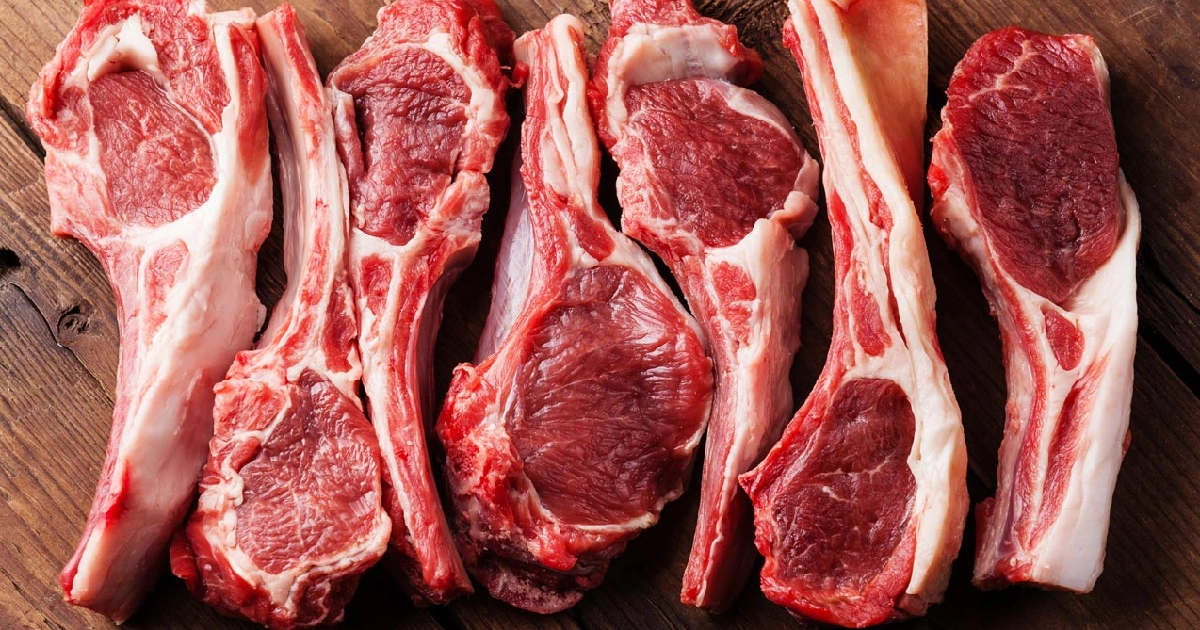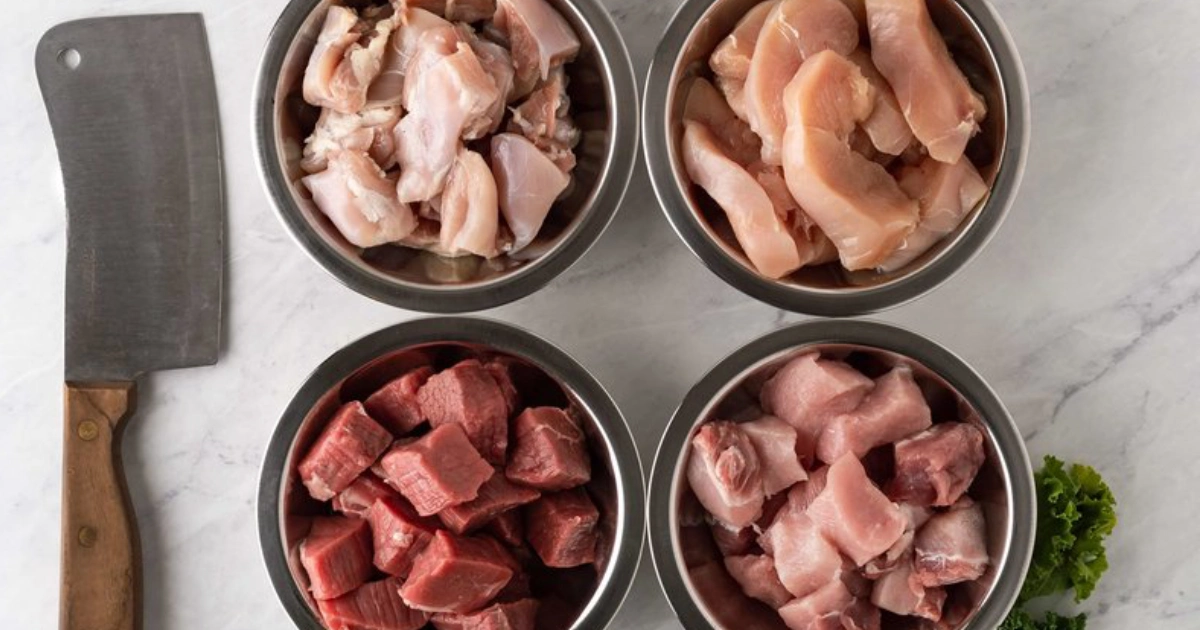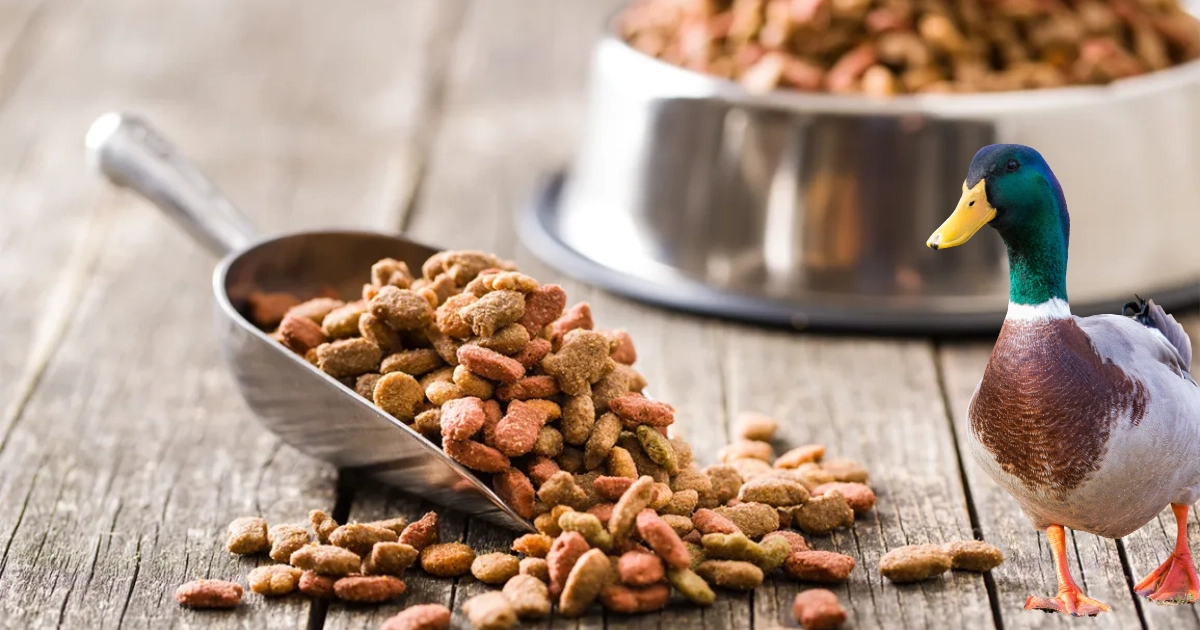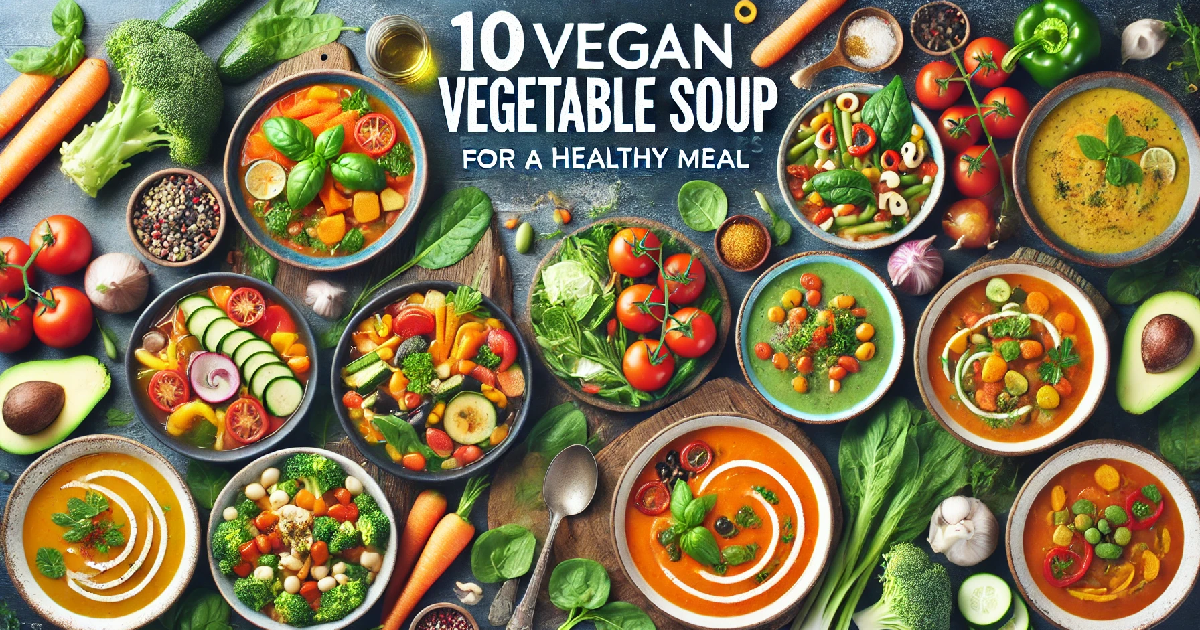As pet parents, we all know how important it is to ensure our beloved canines get the proper nutrition. Protein is an important component in any dog’s diet and is key in keeping them healthy and active well into their golden years. But as dog owners, many of us might wonder how much protein should be in our pup’s food. Knowing precisely how much protein is in your four-legged friend’s kibble can help you determine if they receive adequate amounts for their size and breed type. In this blog post, we will explore potential sources of dog food proteins, discuss ideal daily recommended intakes for dogs based on age and other factors, and break down what types of ingredients contain the appropriate levels of proteins your pet needs to stay happy and healthy!
Understanding The Basic Nutrition Needs Of Your Dog
As pet owners, we strive to give our furry companions the love and care they deserve. A critical aspect of their overall well-being is ensuring they get the proper nutrients in their diet. To sustain a healthy lifestyle, dogs must balance protein, carbohydrates, fats, vitamins, and minerals. Selecting a premium dog food suitable for your pet’s breed, age, and size is critical. Additionally, watching portion sizes and refraining from offering them treats made of human food might help prevent obesity and other health problems. By understanding your dog’s basic nutrition needs, you can help ensure that they live a long and happy life by your side.
What Is a Good Amount Of Protein In Dog Food?
Regarding dog food, protein is one of the most important nutrients your pets need to stay healthy and happy. But what exactly is a good amount of protein in dog food? While every dog’s nutritional needs are unique, it generally recommends that senior dogs should consume around 18-22% protein in their diet. And if you’re specifically looking for high-protein options, wet food can be a great choice. In fact, there are many high-protein wet dog food options available on the market today that can help ensure your dog is getting the nutrients they need. Be sure to consult with your veterinarian to determine the best diet for your pup.
Best Protein Puppy Food

As a puppy owner, finding the right type of food for your furry friend is crucial to ensuring their health and well-being. One important aspect is the protein content in your pup’s meals. High-protein dog food can provide essential building blocks for muscle growth and development, but not all protein sources are created equal. When comparing dog food protein options, looking for high-quality sources such as chicken, beef, or fish is important. Avoiding fillers and artificial additives can also make a major difference in the nutritional content of your pup’s food. Do your research and consult with your veterinarian to find the best protein puppy food for your specific pup’s needs.
What Percentage Of Protein Is Too Much For Dogs?
As a responsible pet owner, knowing the appropriate ratio of macronutrients in your dog’s diet is important. While protein is crucial for your dog’s growth and development, too much of it can cause health problems in the long run. The ideal percentage of protein in dog food varies depending on breed, age, and activity level. Generally, small-breed dogs require more protein than larger breeds. However, speaking with a veterinarian is crucial to ascertain your pet’s particular needs. When searching for the best puppy food for small breeds or dog food for small dogs, ensure the product contains high-quality, easily digestible protein sources in appropriate proportions to ensure your pup stays happy and healthy.
Low Carb High, Protein Dog Food
High-protein, low-carb dog food is a good choice for pet owners who want to ensure their furry companions eat a nutritious diet. This kind of food is very advantageous for dogs that need to reduce their weight or keep it at a healthy level. The low-carbohydrate content helps prevent spikes in blood sugar; it may result in gaining weight and other health issues. Additionally, the high protein content helps support muscle growth and repair, keeping your dog strong and healthy. So if you’re looking for a smart way to improve your dog’s overall health. Consider switching to a rich protein, low carb dog food.
Exploring The Different Types Of Proteins Found In Dog Food
As dog owners, we all want to ensure our furry friends get the best nutrition possible. One of the ways we can do that is by understanding the different types of proteins found in dog food. From animal-based proteins like chicken and beef to plant-based proteins like peas and lentils, various sources can give our pups the energy and nutrients they need. But the type of protein we choose can also impact factors like digestibility and allergies. By exploring the different options available, we can make informed decisions about the best protein sources for our furry companions.
How Much Does a Cup Of Dog Food Weigh?
When it comes to feeding our furry companions, knowing how much food to offer them is essential. Understanding how much a cup of dog food weighs is crucial in determining portion sizes for our canine friends. So, how many ounces are in a cup of dog food? The answer is eight ounces. That’s right! One cup of dog food weighs eight ounces. Knowing this weight measurement can help ensure you provide your dog with the correct amount of food, helping them maintain a healthy and balanced diet. So, next time you’re scooping out your pup’s meal, remember that one cup of dog food weighs eight ounces, and you’ll be on the right track to keeping your furry friend happy and healthy.
Is Protein Bad For Dogs Kidneys?
In order to guarantee that our four-legged friends live happy and healthy lives, we, as pet owners, want to give them the finest nutrition we can. However, a high-protein diet for dogs may only sometimes be the best choice, especially for those with kidney disease. While protein is an important nutrient for dogs, the excess can stress their kidneys, potentially causing further harm or damage. It’s important to consult with a veterinarian before putting your dog on a high-protein diet, particularly if they have a preexisting condition such as kidney disease. A balanced and appropriate diet tailored to your dog’s specific needs and health condition is the best way to ensure their overall well-being.
Analyzing Different Brands To Compare The Protein Content
Whether you’re an athlete striving to maintain a healthy and muscular physique or a health enthusiast seeking a high-protein diet, choosing the right protein supplement can make all the difference. With numerous brands vying for your attention, navigating through the endless options and selecting the best one suited for your needs can be challenging. Analyzing different brands to compare their protein content can provide a comprehensive perspective on their quality and effectiveness. You can make a well-informed decision and take a step towards your fitness goals by evaluating the protein sources, processing techniques, and additional nutritional benefits.
How Do I Know If My Dog Food Is Good?
If you’re a pet owner, you know how important it is to feed your furry friend a healthy, balanced diet. With so many available alternatives, selecting the best dog food for your pet may be difficult. One tool you can use to evaluate the quality of your dog’s food is a dog food checker. These online resources allow you to enter the brand and type of food you’re feeding your dog and receive feedback on its nutritional content and ingredient quality. It’s also important to read the ingredients list on the packaging, looking for high-quality protein sources, whole grains, and natural preservatives. Additionally, suppose your dog is experiencing digestive issues or other health problems. In that case, it may be worth consulting with your veterinarian for advice on the most appropriate food for your dog’s needs.
What Are The Risks Of A High-Protein Diet In Dogs?
While high-protein diets may seem like the perfect solution for a pup needing a health boost, they can pose risks. One of the main concerns with these diets is the potential for excessive globulin levels in dogs. Globulins are a protein found in your furry friend’s blood that contributes to immune system function. Dogs who take too much protein may experience dehydration or digestive problems. Globulin levels become too high; they can stress the liver and kidneys. Maintaining a balanced diet that provides enough protein without going overboard is important.
Finding Out How Much Protein Is In Your Dog’s Current Food
As animal lovers, we want the best for our furry friends. That includes making sure they’re eating a balanced and nutritious meal. When it comes to our canine companions, protein should be a key component of their diet. But how do we know if their current food provides enough of this essential nutrient? Luckily, finding the amount of protein in your dog’s food is not as complicated as it may seem. With some research and label reading, you can quickly determine whether their diet meets their protein needs. Ensuring your pup is getting enough protein will help keep them healthy and happy for years.
What Are The Symptoms Of Too Much Protein In a Dog?
Protein is essential for a dog’s health, but too much can cause trouble. If dogs consume more protein than they need, they can show symptoms that indicate difficulty digesting it. The most common symptom of excessive protein intake is gastrointestinal upset, which includes diarrhoea, vomiting, and loss of appetite. Other signs that your dog might get too much protein include dehydration, frequent urination, and weight gain. So, how much is too much? Well, it depends on each dog’s unique nutritional needs, but most commercial dog foods contain between 25% to 30% protein or about 1 gram per pound of body weight. It’s crucial to be mindful of the protein the dog gets and to feed them according to their specific requirements and health needs.
Health Benefits Of Feeding Your Dog a Diet With Adequate Amounts Of Protein
If you’re a dog owner, you already know how important it is to care for your furry friend’s health. One way to do this is by ensuring they have a diet with adequate protein. The benefits of protein for dogs can’t overstate. First, it helps build and repair their muscles, especially for active dogs. Additionally, it aids in the formation of enzymes, hormones, and antibodies. All of which are crucial for maintaining a healthy immune system. Plus, since protein takes longer to digest than carbohydrates, it keeps your dog feeling fuller for longer. That means you won’t have to worry about them begging for food all the time! In short, protein is vital to helping your dog live a healthy, happy life.
Is Higher Protein Dog Food Better?

Protein is a critical ingredient in dog food and is important for your pet’s health and well-being. For puppies, protein is necessary for healthy growth and development. But as your dog ages, their nutritional needs change, and too much protein in their diet can lead to excess protein in their urine, which may lead to kidney damage as well as other health issues. This is especially true for senior dogs who may have trouble processing high-protein foods. So, is higher protein dog food better? It depends on your dog’s age and individual needs. Consult with your veterinarian to determine the best protein content for your dog’s food, and choose a quality brand that meets their nutritional requirements.
Conclusion
In conclusion, understanding your dog’s nutrition needs is important for maintaining their health and well-being. Proper nutrition should include sourcing canine proteins from high-quality sources appropriate to your pet’s specific needs. Depending on your dog’s age, weight, activity level and breed size, the amount and type of protein needed can vary greatly. Fortunately, there are different brands to choose from with a variety of ingredients that not only provide enough protein per serving but also add flavour and variety to your pup’s diet. The best way to ensure that you are giving your pet only what they need is to carefully check the label on the food package you buy to assess each brand’s nutritional content. Doing so will give you peace of mind knowing that you are taking good care of your furry friend by providing them with all essential nutrients, including protein.

























